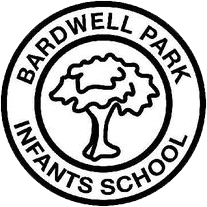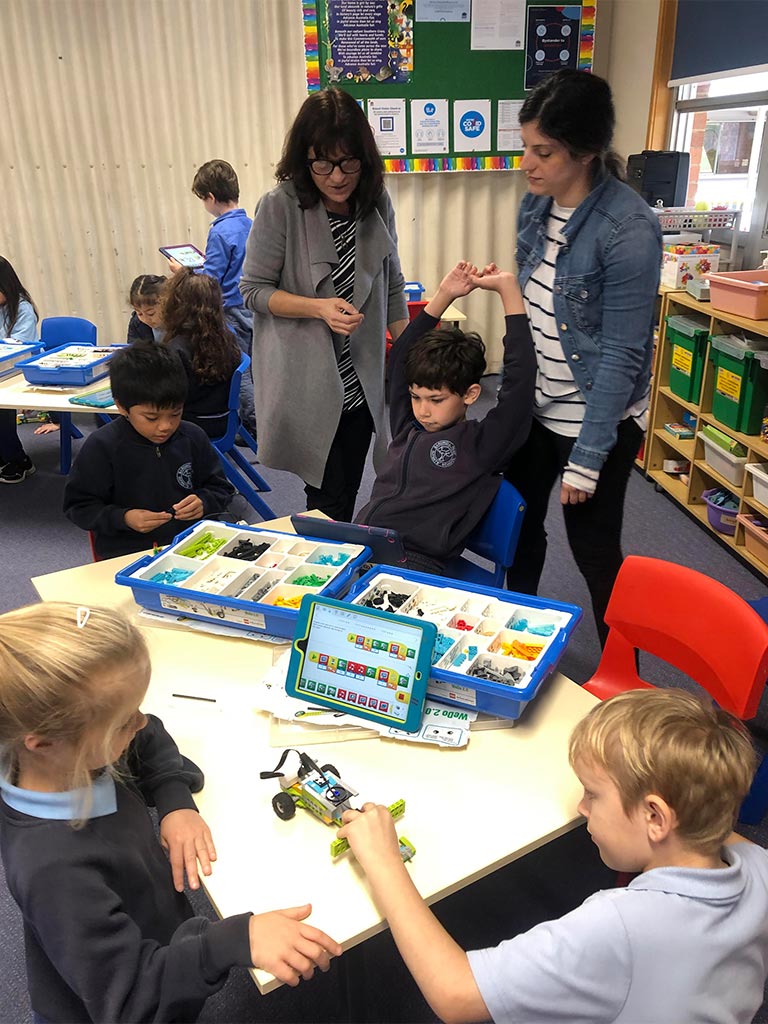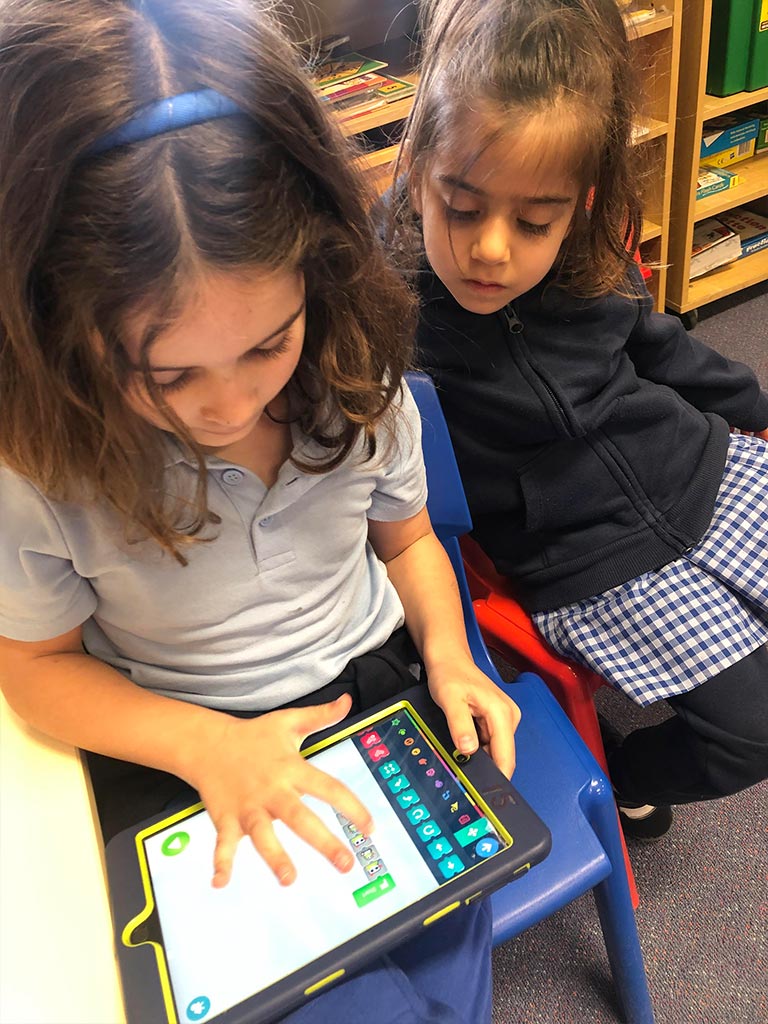
Bardwell Park Infants School
School Issue:
Bardwell Park Infants School is a small well-established Kindergarten to Grade 2 School located in close proximity to Sydney Airport. The school caters for the individualised needs of its students, with a strong focus on differentiated literacy and numeracy programs. There are currently 26 families with a total enrollment of 28 students. The school has two classes; a K/ 1 and 1/2. The students come from a wide range of cultural backgrounds and interestingly 46% from a language background other than English.
The students are engaged and challenged to learn through differentiated literacy and numeracy programs. The teachers aim to provide quality learning environments and future focused learning strategies to inspire confident, creative and self-regulated learners.
Being a small school, Bardwell Park Infants does not have the resources to meet all of their Digital Technologies outcomes or provide the STEM opportunities they know are critical for their students’ learning and their future in the 21st Century workplace.
Solution Provided:
Robokids workshops provide an excellent opportunity for the school to meet its educational goals. The school’s active P&C began to fund the Robokids program annually. The school believes ROBOKIDS aligns with their school vision, promoting collaboration, communication, critical thinking and creativity when engaging with coding challenges to solve a problem.
Robokids developed a 6 week Robotics and coding program that aligned not only to the ES1 and Stage 1 Digital Technologies outcomes, but also to the classroom Science units. This was delivered to the students of Bardwell Park Infants by Robokids, every Tuesday morning for 6 weeks, each class receiving an hour and a half of Robotics. Robokids provided all resources needed.
The Outcome:
The students were excited every Tuesday, knowing that they were going to build and learn to code a robot. They were inspired to become more creative in solving robotic challenges, and modifying their robots and code to solve increasingly more challenging problems. They began to become aware of how Robotics affects their world and the future, and would share their ideas and experiences with us, their teachers, and parents each week.
Teachers were excited every Tuesday knowing that not only were their Digital Technologies and STEM outcomes being met, but their students were getting hands-on experiences with expensive resources that their school could not provide. At the same time as their students were learning, teachers were involved and learning too, gaining valuable professional development.
Teachers were also able to use checklists to observe and assess students whilst Robokids controlled and managed their class in the use of technology.


